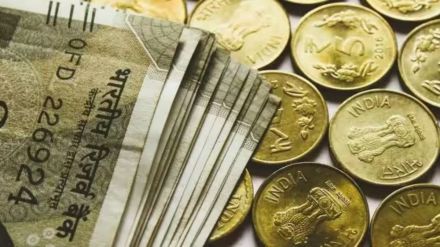By Sachin Kumar
After remaining in circulation for nearly seven years, Rs 2,000 notes are set to slide into oblivion as the deadline to exchange and deposit them ends today. As they pass on the crown of highest denomination currency to Rs 500 notes, they will go down in history as a currency with the shortest life span.
“Their ( Rs 2,000 notes) life span was relatively short because they have served the purpose for which they were introduced. These notes filled the vacuum created by withdrawal of Rs 500 and Rs 1,000 notes and met the demand of high denomination notes,” R Gandhi, former Deputy Governor, Reserve Bank of India (RBI) told FE.
The Rs 2,000 notes were introduced in 2016 to replenish the shortfall in currency after the government annnounced withdrawal of Rs 500 and Rs 1000 notes.
As per the RBI statement issued on September 1, as much as 93 percent of Rs 2,000 currency notes that were in circulation on May 19, the day when the currency was withdrawn from circulation, had come back to banks.
Apart from having a short journey, the Rs 2,000 notes were also difficult to get hold of as most of individuals rarely saw them during daily transactions. This raised concerns of hoarding of these high denomination notes for illegal purposes.
Even though Rs2000 notes will not be accepted for transactions from Sunday onwards, they will remain legal tender even after September 30. However, the Reserve Bank of India (RBI) is expected to make some announcement regarding the status of legal tender status soon.
“Now that that the large part currency has come back to the banks, the next logical step for the central bank is to remove the legal tender status of Rs2000 notes,” added Gandhi. He does not see any need to introduce new notes of higher denomination now since there is a digital mode of payments which are effective and safe. With the sharp rise in digital payments in urban and rural areas, there is no need to introduce notes of higher denomination.
Another big question is about the extension of the deadline to exchange and deposit the notes. Experts do not expect the central bank to announce any blanket extension regarding the deadline.
“Instead of announcing a blanket extension for everyone, RBI may opt for a selective approach if needed. For example, the central bank may allow some sort of relief for NRIs,” an executive director of a public sector bank told FE.
Individuals can exchange remaining notes only from RBI regional offices after September 30.
